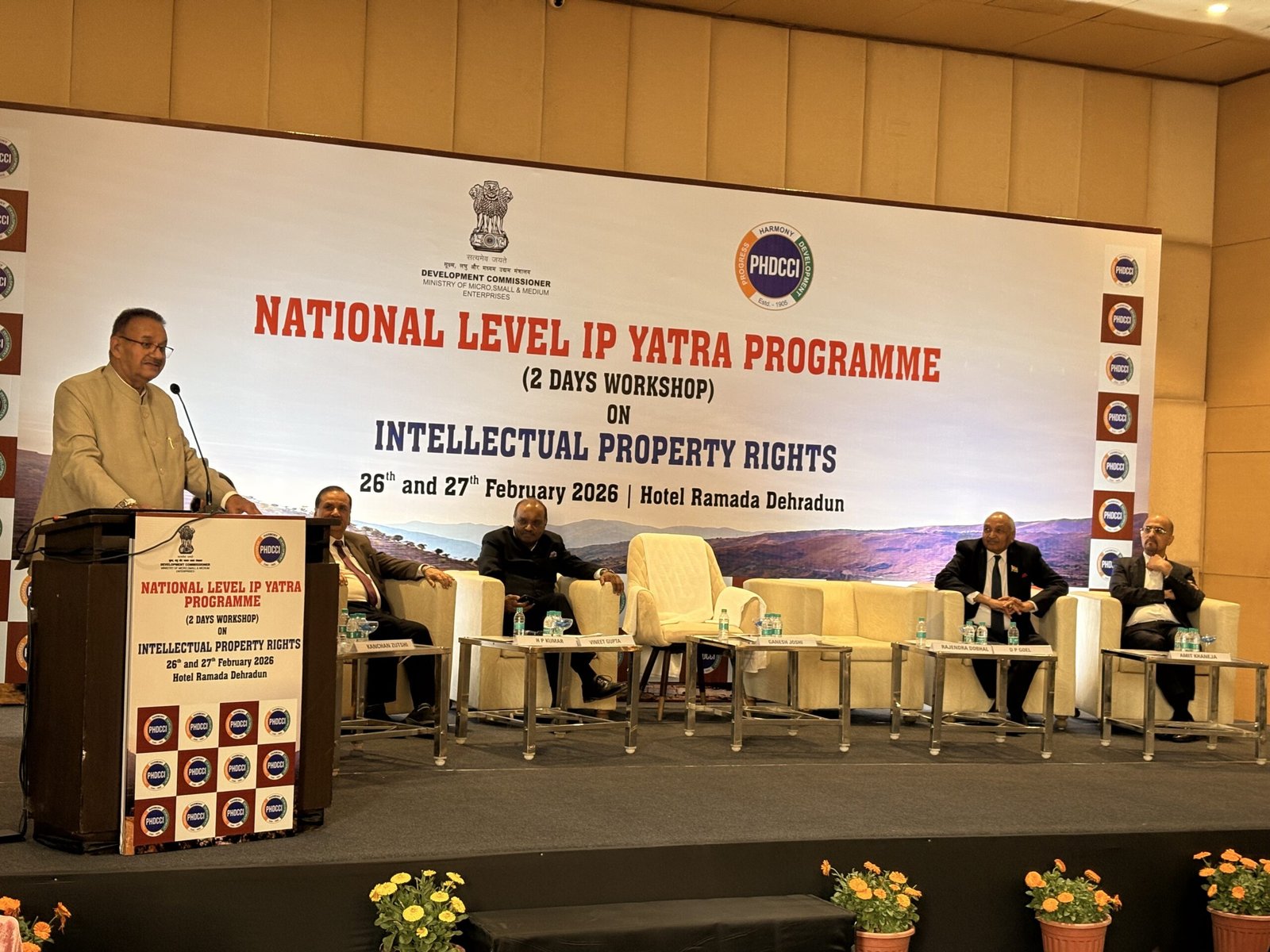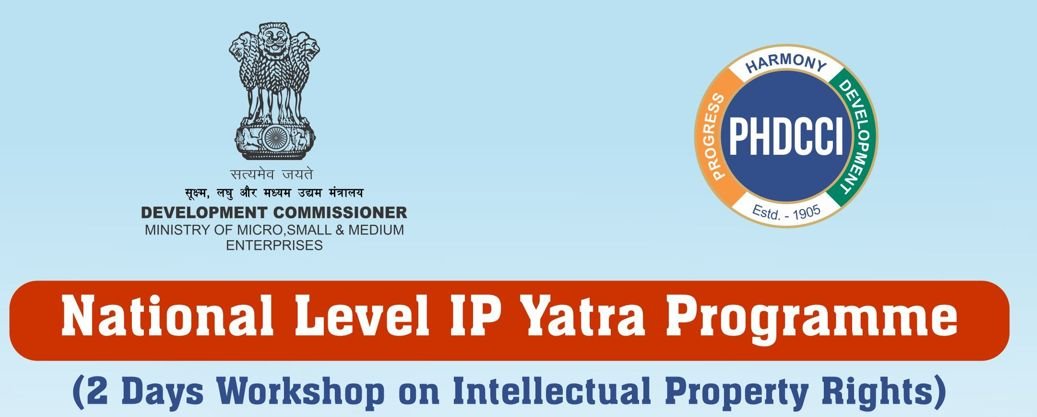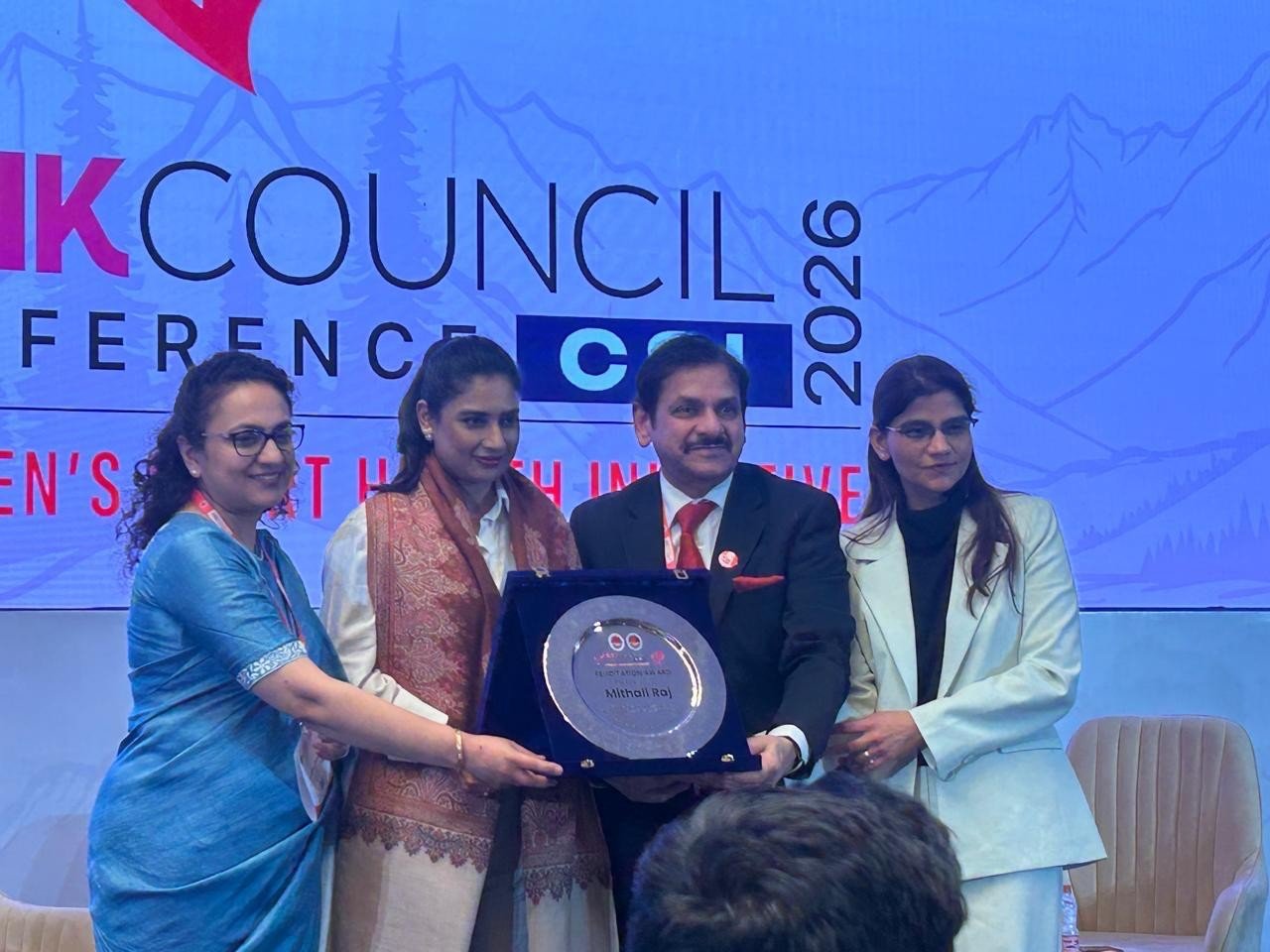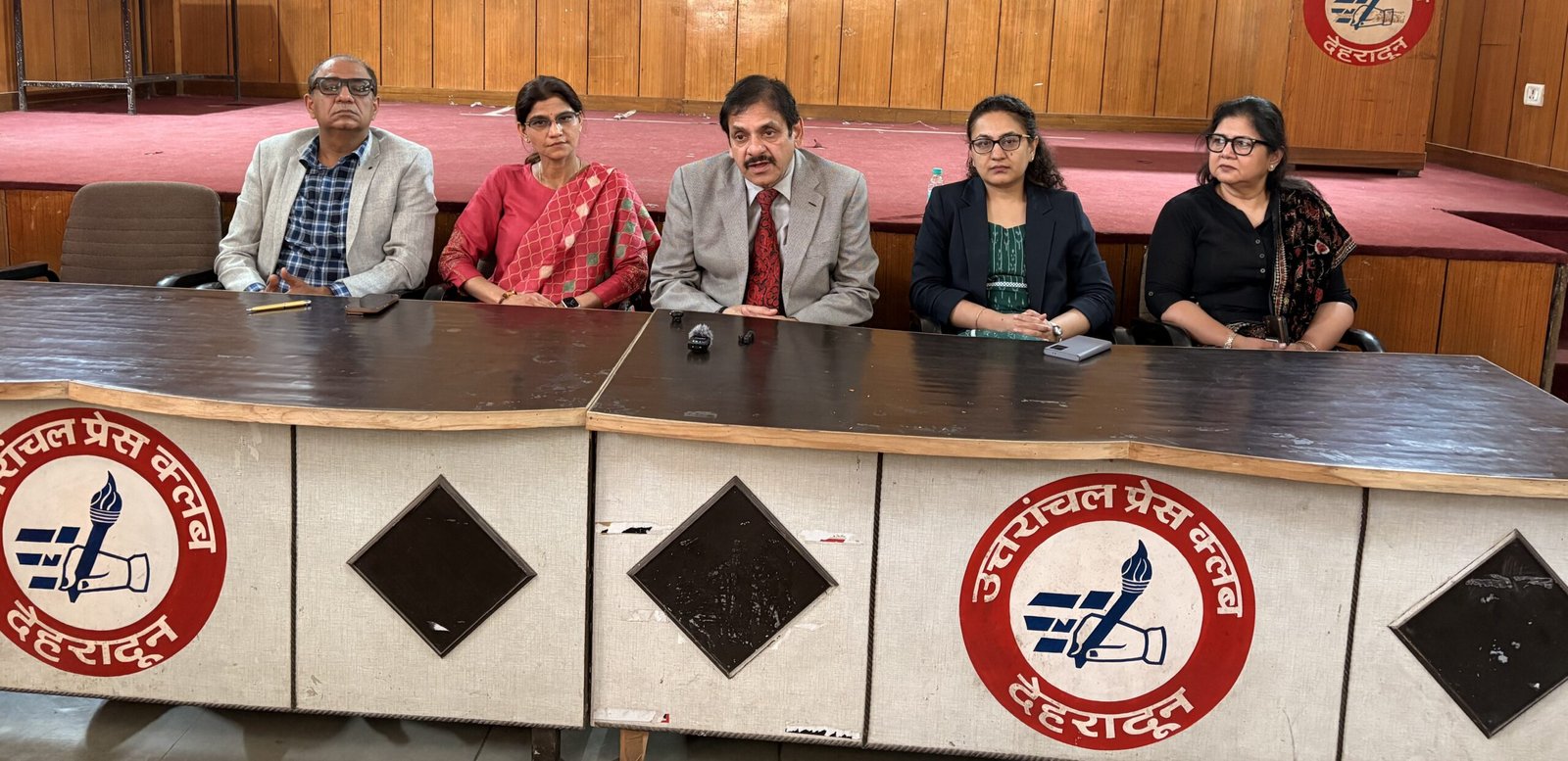Author – DIVISHA AGARWAL
Dehradun: social media is a platform where each individual’s voices are heard, but have we ever asked what impact social media has on our mental health. The research suggests that around 90% of those teenagers aged 13-17 uses social media and the teenagers who spend more time on social media platforms are more likely to report higher levels of anxiety and depression.
The more the teenagers use social media, the more they get self-conscious and increases body image issues as they are often watching other people and start comparing themselves. Social media in various cases leads to anxiety, depression and insecurities. The excessive use of social media and especially the people who use social media before going to bed can disrupt sleep patterns which will further lead to less focus and compromise studies.
The most heard case on social media platforms is cyberbullying and harassment which can severely impact their mental health and well-being. Where there is no variation by gender when it comes to ever experiencing abuse online, there is a pattern where teen girls are more so than teen boys likely to indicate that false information has been shared about them. But differences can be found looking at both age and gender jointly. When we talk about cyberbully, it includes, sending hurtful, abusive or threatening messages, images or videos through various messaging platforms. someone can speak lies about or post embarrassing photos or videos of someone on social media. These are some severe and long-lasting cases which have caused some kids to attempt or die from suicide.
Overuse of social media, particularly at night, can cause sleep deprivation, which is also associated with poor mental health outcomes. Social media can expose adolescents to unrealistic expectations of beauty, success, and happiness, as well as harmful and negative content, which can cause feelings of inadequacy and anxiety.
Exposure to some content, like drug use, on social media may enhance the risk of participating in the same. There has been evidence of a connection between suicidal ideation and social media usage, especially among teen girls.
The content that depicts illegal acts and self-harm or harm to other people may raise some teens’ mental health risks and especially these types of content may be even more risky for teens who already have a mental health condition or disorder. The fear of discrimination or hate on social media can also raise the risk of anxiety or depression. There is a term known as “stress posting” which basically means that teens might post something when they are angry or upset such as, highly personalised stories. This can lead to them being bullied, harassed or even blackmailed.
There are cases when the kids or teens feel bad about themselves when they see everyone online looking perfect, while they try to compensate by sharing pictures that make them look perfect too, the worst feeling comes along when their social media identity doesn’t match how they actually feel.
While there are some positive effects of social media on teenagers. In cases when there are feeling low, social media can help them reconnect with their family and friends and keep them in touch. They can express their creative side on social media which might have good effects on their mental health. 43 percent said that using social media makes them feel batter when they are depressed, stressed or anxious.
You can take some steps to protect your teen and to help them use social media responsibly. Some tips include, setting rules and limits as needed as spending less time on social media might release less stress and decrease mental issues. You should turn on privacy settings and monitor your teen’s accounts. Have regular talks with your teen about social media and their social life, encourage face to face contacts with friends and always remember to explain what’s not OK.











